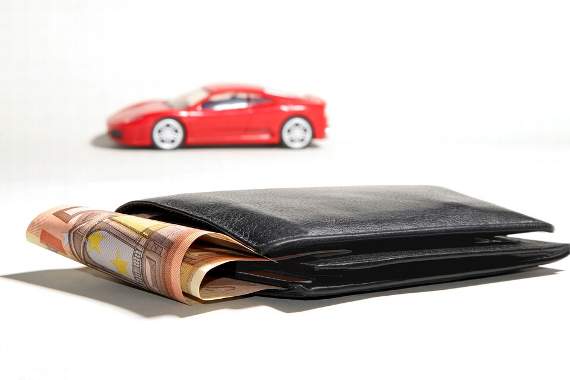A Mitsubishi Shogun was stolen together with a green Gypsy Roma caravan in Newport recently. The owner of the vehicles, in good faith, agreed for a prospective buyer to take the vehicles for a test drive and they were not returned.
A spokesperson from the Ross-on-Wye Safer Neighbourhood Team added: “My advice would be not to allow anyone to take any vehicle for a test drive without the owner being present.”
When selling used cars privately, Money Advice Service advises these basic precautions:
• When arranging a viewing, consider having a friend or family member present.
• Ask the buyer for proof of identity and check that they have a valid driver’s licence.
• Always remove the keys from the ignition before leaving a potential buyer alone in your car.
• Go with potential buyers on test drives and don’t hand over the keys until you’re in the passenger seat.
• Be wary if a buyer brings some ‘tag-a-long’ friends – they might plan to break into your house while you’re out on the test drive.
• Don’t hand over the car keys or documents until your bank has confirmed it has cleared the full value of the vehicle into your account.
• Ask the potential buyer to check with their insurance company they’re covered to drive your car. Even if they have a “driving other cars” policy it will probably only provide third party cover.
• Contact your insurance company – you might need to get temporary car insurance for the test drive.
Scams to be on the look-out for:
• People wanting to buy your car using PayPal or similar e-payment systems – the account might have been set-up using false credit card details.
• A buyer who pays by cheque and takes the car before the cheque clears, but the cheque bounces a few days later because it is a forgery or fake.
• Someone posing as a car exporter, who asks you to transfer ‘shipping fees’ to overseas ‘buyers’.
• Phishing emails from so-called car buying and selling websites requesting login and payment details for your card.
• Text messages expressing an interest in your car only for you to be charged at a premium rate if you respond by phone or text.
• A buyer offering to buy your car unseen who pays the full amount through PayPal. You’re then notified you’ve been overpaid and you’re asked to return the difference through a different online payment method. As you do this, the fraudster arranges for their original PayPal transaction to be reversed and you lose the money you’ve ‘returned’.
To contact the Ross-on-Wye Safer Neighbourhood Team, email: [email protected]




